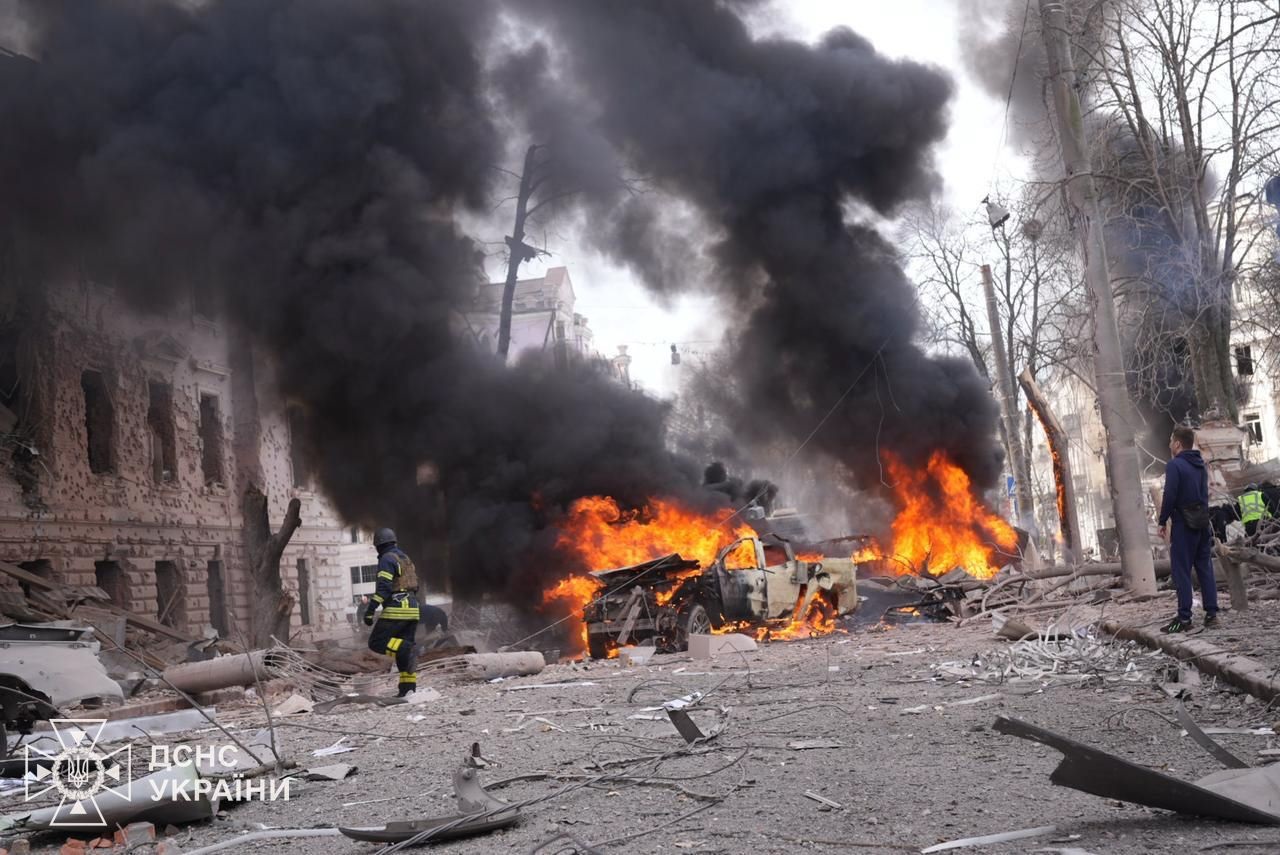A Blow to the Fight Against Corruption
The issue of phone interceptions in Romania remains a key concern for civil society, even today, 26 years since the fall of Communism.

Valentin Țigău, 10.03.2016, 13:41
The issue of
phone interceptions in Romania remains a key concern for civil society, even
today, 26 years since the fall of Communism. Many Romanians still feel they are
being watched and monitored, although they have nothing to hide, and phone conversations
being constantly intercepted is a common topic of discussion. The legislation
adopted after the fall of Communism in 1989, in particular the Law regarding
the processing of personal data and the protection of private life in the field
of electronic communications has tried to correct some of the errors of the
past, by adapting to the European norms, which are generally applicable in the
democratic countries.
These norms have actually been the topic of many debates
and keep being the focus of Europeans’ attention, now faced with issues such as
terrorism and the refugee crisis. Despite the changes occurring after 1989,
most of them good, there are still divergences between civil society, who
wishes a higher level of personal data protection, and the specialized state
institutions, which want more prerogatives allowing them to discover in due time,
including by phone tapping, crimes or threats to national security. The most
recent example is the rejection by the Constitutional Court of some provisions
in the Code of Criminal Procedure, which allow certain employees with the police
and other specialized bodies to conduct criminal investigations, alongside
prosecutors. These ‘other specialized bodies’, says the Court, are not defined,
neither directly, nor indirectly, in the Code of Criminal Procedure.
The first to
react to the Court’s ruling, which is as powerful as any law, was the National
Anti-corruption Directorate, which has, in the past years, set records in
unveiling serious cases of corruption. A beneficiary of the information
provided by the specialized bodies, the Romanian Intelligence Service in
particular, the Directorate will thus benefit from less support from the
outside and will have to extend its own technical surveillance network. One
first effect regards the way in which surveillance warrants will be enforced.
According to the law, the only structures of the Prefect’s Office that benefit
from such technical equipment are the National Anti-corruption Directorate and
DIICOT – Romania’s Directorate for the Investigation of Organized Crime and
Terrorism.
The National Anticorruption Directorate does have a technical
support service, but DIICOT does not; which means that more money will be
needed. The chief-prosecutor of the Anticorruption Directorate, Laura Codruta
Kovesi, has stated she is convinced the government will find a solution to
increase the Directorate’s budget by at least 10 million Euros and to also add
130 more staff. She has also warned that, in the absence of this, the Department’s
activity might slow down, even if Romania will keep the right track in the
fight against corruption.






























